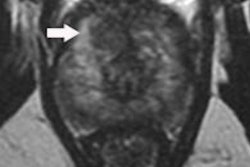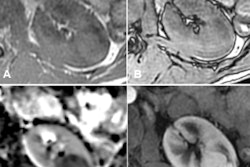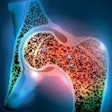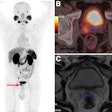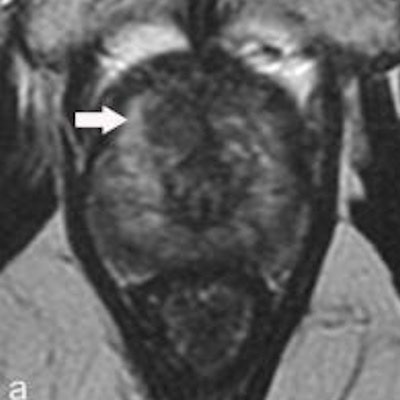
The National Institute for Health and Care Excellence (NICE) in the U.K. this week issued a statement supporting the use of multiparametric MRI as a frontline tool in English hospitals to scan for prostate cancer, but the Royal College of Radiologists (RCR) has already expressed concerns over the shortage of equipment to cope with the additional examinations.
NICE recommends that multiparametric MRI should be offered as a first-line investigation for people with suspected clinically localized prostate cancer, but it stresses that this will not replace standard first-line tests such as the prostate-specific antigen (PSA) test and that patients who are not going to have radical treatment should not be routinely offered the scan.
"Multiparametric MRI is clinically cost-effective as it will reduce the number of biopsies performed. Additionally, cancers are more likely to be detected and identified earlier, therefore, reducing the need for further treatment," the regulator noted in a statement.
The incidence of prostate cancer is around 40,000 a year in England. Between 1 April 2015 and 31 March 2016, 21,730 people newly diagnosed with prostate cancer in England received multiparametric MRI, according to NICE. In 2017, a total of 15,243 transperineal template biopsies and 35,267 transrectal ultrasound-guided biopsies were performed.
Many U.K. hospitals already offer multiparametric MRI, but a freedom of information request carried out for the charity Prostate Cancer UK earlier this year found that only half of men with suspected prostate cancer were being offered the scan before biopsy, according to an article posted on 13 December by BMJ (2018, 363:k5290).
The RCR's response
The RCR has expressed support for NICE's draft guidelines that multiparametric MRI be widely used to detect prostate cancer and help manage patient cases, but it also stressed that more radiologists and newer scanners are needed to properly roll out the technique.
 Dr. Philip Haslam from Newcastle upon Tyne.
Dr. Philip Haslam from Newcastle upon Tyne."We fully support NICE's recommendation that mpMRI [multiparametric MRI] be used as a front-line test to diagnose prostate cancer, as well as being used as a monitoring tool," Dr. Philip Haslam noted in a statement issued by the RCR. "However, our ability to provide mpMRI for patients is hampered by a shortage of modern equipment and a crisis in radiologist staffing. We need more expert imaging doctors able to interpret these highly specific types of MRI scan."
The RCR has heard of hospitals seeing demand for multiparametric MRI tripling in a matter of months, but there is wide geographical variation in availability, he added.
"The RCR, along with Prostate Cancer UK and the British Society of Urogenital Imaging, are doing what we can to provide training in the technique, but to sustainably roll it out in every U.K. hospital in future we need government funding for more new radiologists and the MRI scanners capable of doing these types of scan," said Haslam, who is a consultant interventional and uroradiologist at the Freeman Hospital in Newcastle upon Tyne and RCR's lead for multiparametric MRI.
The full guidance document from NICE, called "Prostate cancer: diagnosis and management (update)," is currently being developed, and the anticipated publication date is 24 April 2019. The consultation phase closes on 16 January 2019 at 5 p.m. U.K. time.
Editor's note: The image used on the home page to introduce the topic is a T2-weighted multiparametric MRI of a 59-year-old patient presenting with dysuria and a family history of prostate cancer. MRI showed a suspicious lesion with a score of PI-RADS 4 in the anterior horn of the right apex. Courtesy of Dr. Olivier Rouvière, PhD, republished from E-Quotidien des JFR 2018.




